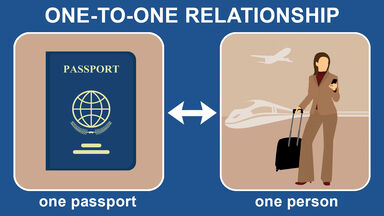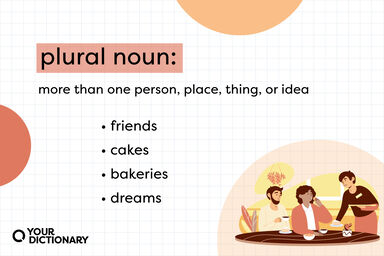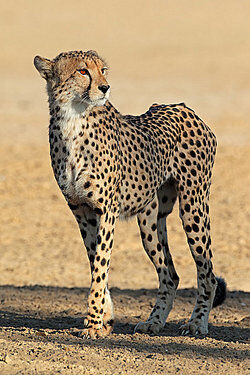Only Definition
ōnlē
adjective
Alone of its or their kind; by itself or by themselves; sole.
Webster's New World
Having no siblings.
An only child.
Webster's New World
Alone in its or their superiority; best; finest.
Webster's New World
Most suitable of all; superior or excellent.
This is the only way to cook a good steak.
American Heritage
Alone in a category.
He is the only doctor for miles.
The only people in the stadium were the fans: no players, coaches, or officials.
Only the cat sat on the mat. The dog never did.
The only cat sat on the only mat.
Wiktionary
adverb
Without anyone or anything else; alone.
We have only two sandwiches left.
American Heritage
At the very least.
If you would only come home. The story was only too true.
American Heritage
Merely; simply.
Webster's New World
And no other; and no (or nothing) more; solely; exclusively.
Drink water only.
Webster's New World
(but) In what follows or in the end.
To meet one crisis, only to face another.
Webster's New World
conjuntion
Were it not that; except that; but.
I'd have gone, only it rained.
Webster's New World
With the restriction that; but.
You may go, only be careful.
American Heritage
However; and yet.
The merchandise is well made, only we can't use it.
American Heritage
But for the fact that; except.
Wiktionary
noun
(rare) Only child.
Wiktionary
Other Word Forms of Only
Noun
Singular:
onlyPlural:
onliesOrigin of Only
-
Old English Ç£nlÄ«Ä‹, from Germanic; corresponding to one + -ly/-like. Cognate with Swedish enlig (“unified"), and obsolete Dutch eenlijk.
From Wiktionary
-
Middle English from Old English ānlīc ān one one -līc having the form of –ly1
From American Heritage Dictionary of the English Language, 5th Edition
Related Articles
Find Similar Words
Find similar words to only using the buttons below.





